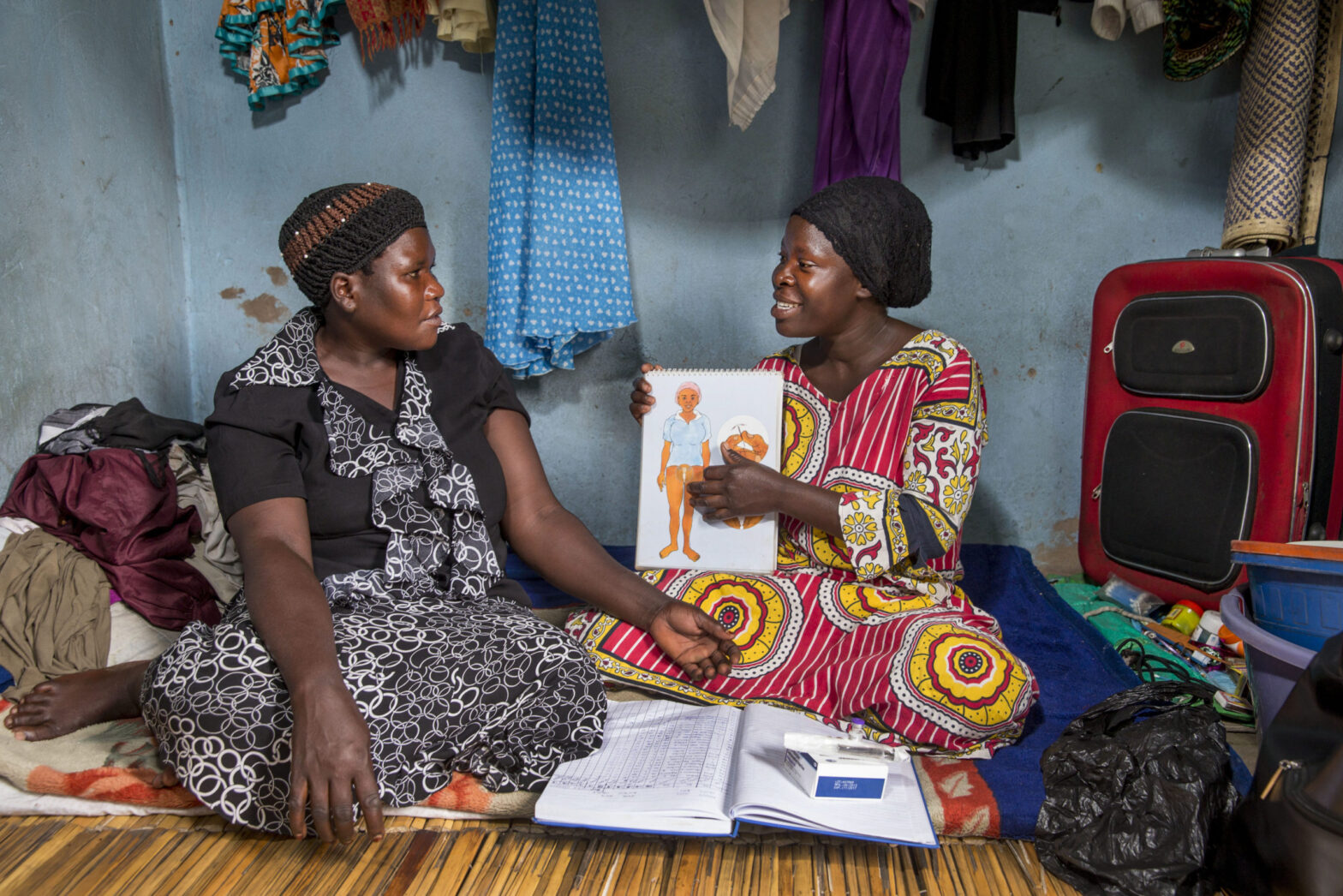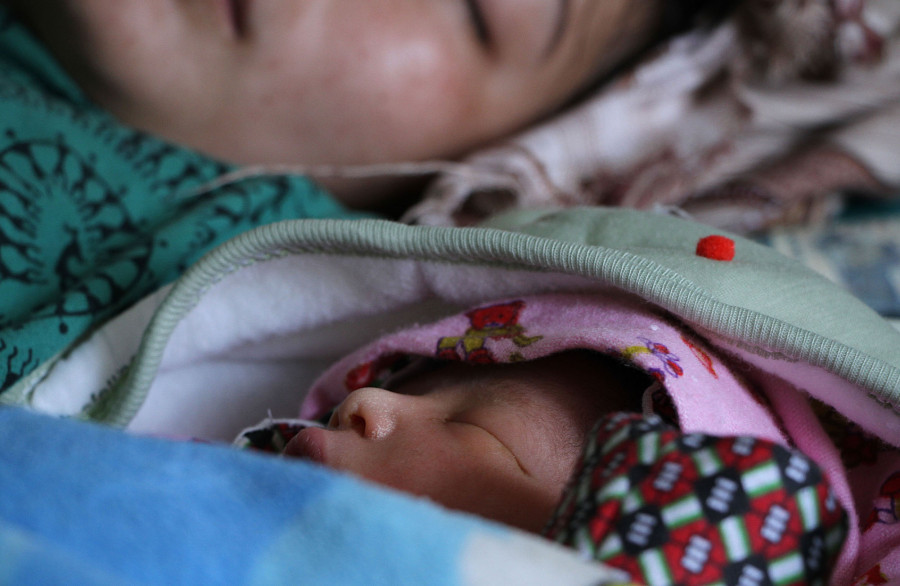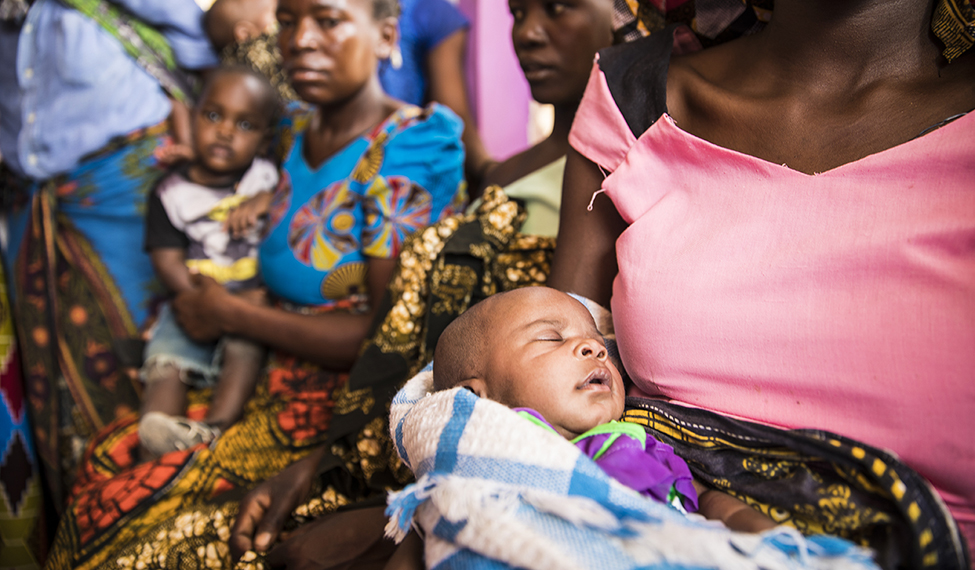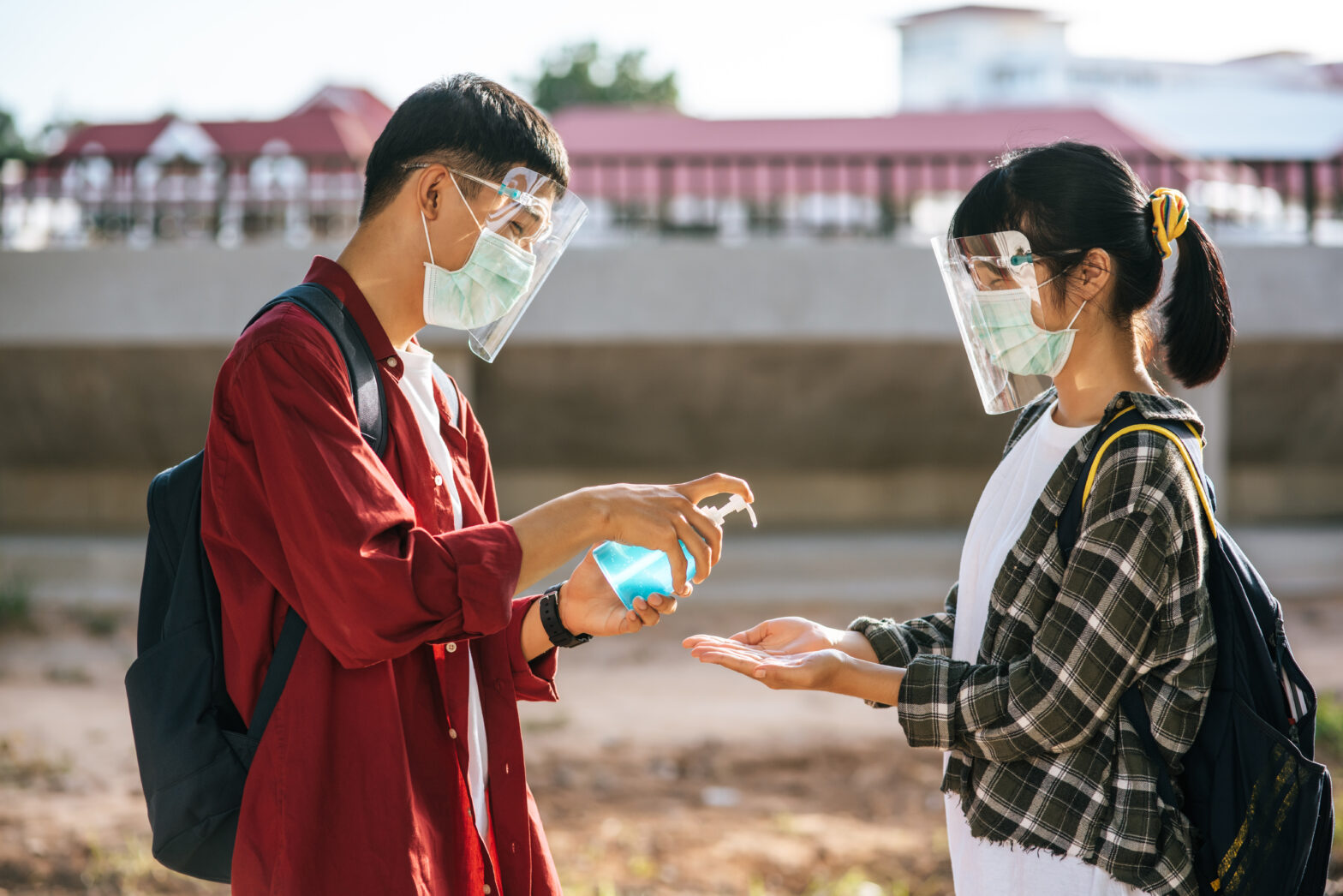A team from Muslim Family Counseling Services (MFCS) at Zebilla of Bawku West District have embarked on a public sensitization activity on some of the health precautions against the coronavirus infection.
Month: April 2020
RAHNUMA – FPAP Newsletter: Coronavirus Response
Rahnuma-FPAP along with other civil society actors is helping the state heath authorities to effectively combat this sudden surge of COVID 19 as such entities played an indispensable role in the frontlines to provide emergency relief to the worst-hit areas.
Fewer women are visiting health facilities for maternal services during lockdown
Family Welfare Division to start a hotline to provide suggestions for pregnant women
The devastating effects of COVID-19 on maternal health in Zimbabwe
Rutendo* was getting close to her due date when the government announced the 21-day lockdown to tackle COVID-19. She stays in a farming area, 35 kilometres from the nearest healthcare facility, and her chances of getting an ambulance in time for emergency care were always minimal. Rutendo’s older sister died five years ago from complications in pregnancy and her mother, not wanting to take any chances, sent Rutendo to the nearest district hospital to ‘sit and wait’ for a safe delivery before the lockdown came into effect on 30 March. Rutendo delivered a bouncing baby girl the very next day. In pain, she expected to stay at least two days under observation, but she was discharged after one night when the lockdown began.
New UNFPA projections predict calamitous impact on women’s health as COVID-19 pandemic continues
More than 47 million women could lose access to contraception, leading to 7 million unintended pregnancies in the coming months.
GFF leaders warn of emerging secondary global health crisis from disruptions in primary health care due to COVID-19
As the COVID-19 pandemic escalates in low- and lower-middle income countries, global health and development leaders warned today of the growing risk of widespread disruptions in access to reproductive, maternal, newborn, child and adolescent health and nutrition services, and urged immediate steps to prevent a secondary global health crisis. A rapid survey of the 36 countries currently supported by the GFF found that nearly half are already reporting life-threatening service disruptions.
4 Steps Govt Can Take to Protect the Poor During COVID-19 Lockdown
Efforts by India to address the COVID-19 health pandemic seem to be yielding positive results.
Coronavirus in India: Mitigating the health effects of COVID-19 beyond the immediate
Speedy and agile efforts to address the COVID-19 pandemic by India's national and state governments, NGOs, and, in some cases, the private sector seem to be yielding positive results. From augmented resources for health care to the manufacture of personal protective equipment needed to protect health workers to the social solidarity and the overwhelming support from all corners. This essay explores what's working in India at the moment and asks what could be next.
COVID-19 could lead to millions of unintended pregnancies, new UN-backed data reveals
Ongoing lockdowns and major disruptions to health services during the COVID-19 pandemic could result in seven million unintended pregnancies in the coming months, according to data released on Tuesday by the UN Population Fund (UNFPA) and partners.
Netherlands Announces Additional Support for the GFF to Continue Essential Health Services in COVID-19 Response
The Government of the Netherlands announced it is contributing 10 million euros (US$11.24 million) to the Global Financing Facility (GFF) to help low- and lower-middle-income countries ensure continuation of essential health and nutrition services for women, children and adolescents as they respond to the COVID-19 pandemic. The new contribution will enable the GFF to provide rapid support to countries to redesign health service delivery approaches to protect critical care, keep frontline health workers safe, and to ramp up risk communications and community engagement during the crisis.









